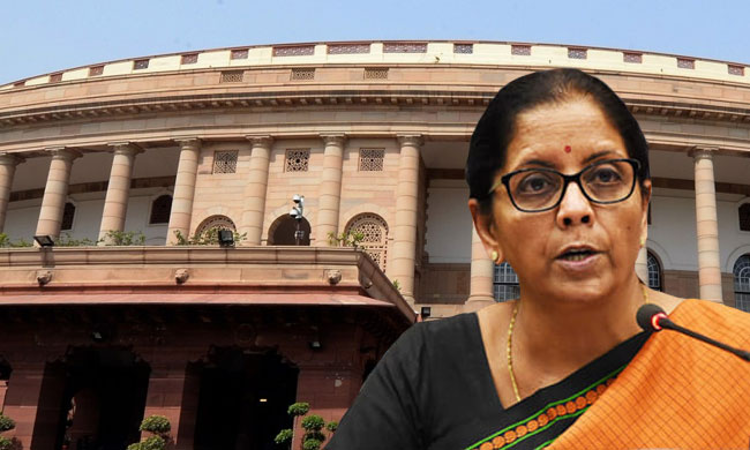- Home
- /
- News Updates
- /
- Lok Sabha Passes Finance Bill 2021
Lok Sabha Passes Finance Bill 2021
LIVELAW NEWS NETWORK
23 March 2021 6:16 PM IST
The Lok Sabha on Tuesday passed the Finance Bill, 2021 to give effect to the financial proposals of the Central Government for the financial year 2021-2022. Apart from the Finance Act, the Bill also proposes to amend the Income Tax Act, 1961; Life Insurance Corporation Act, 1956; the Securities Contracts (Regulation) Act, 1956; the Central Sales Tax Act, 1956; the SEBI Act,...
Next Story



